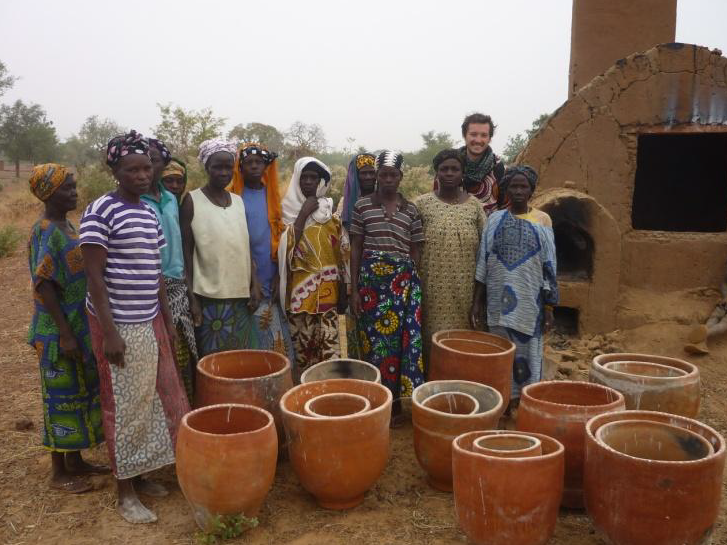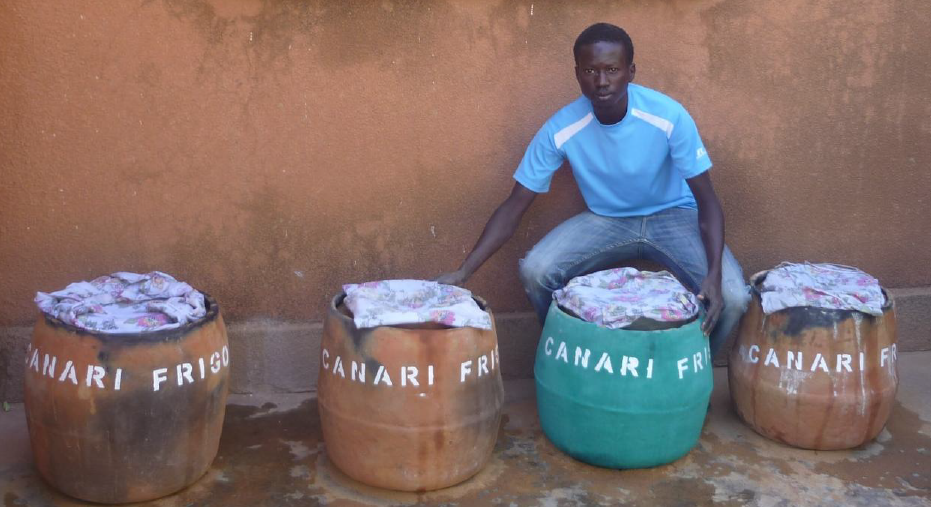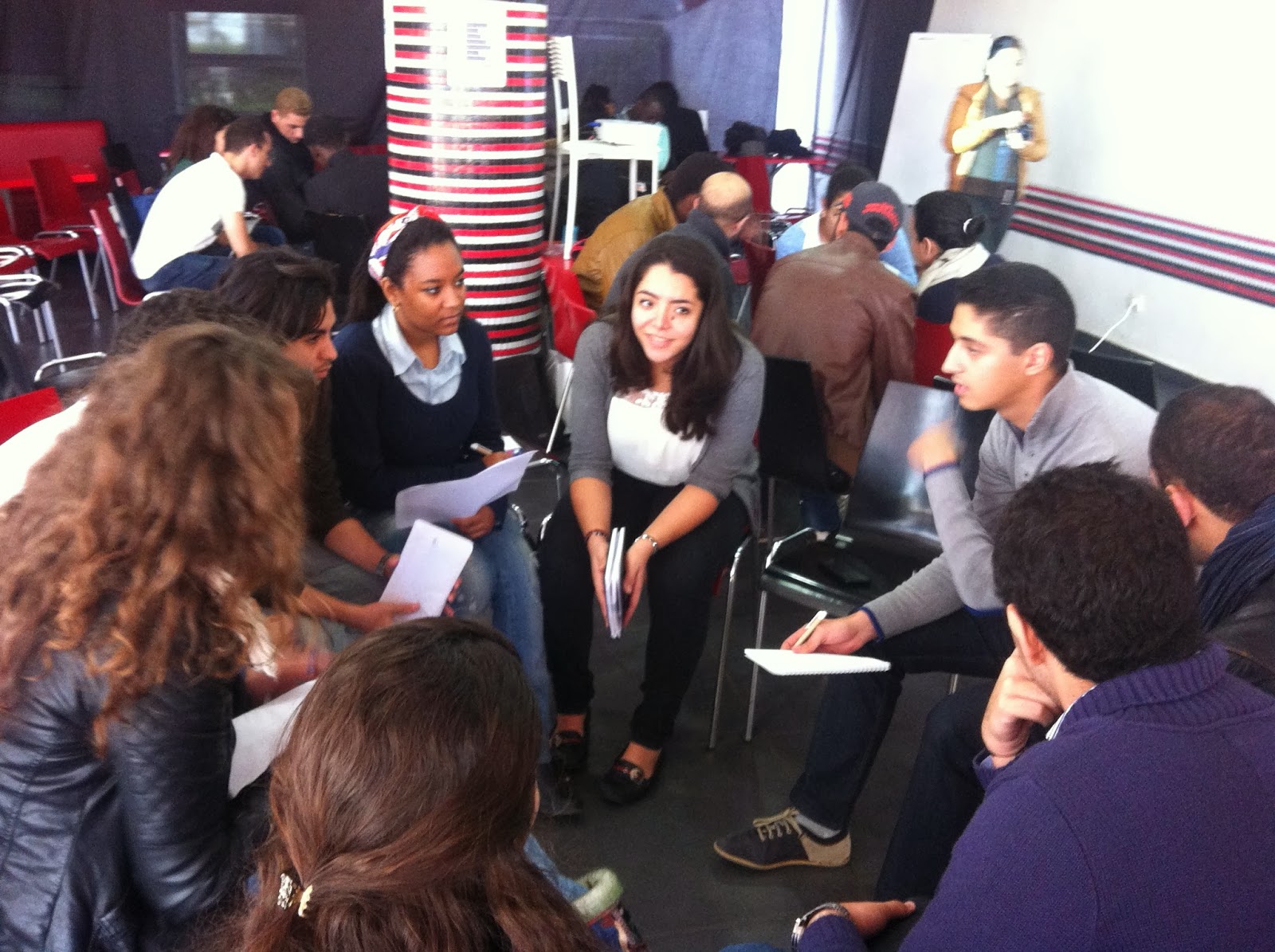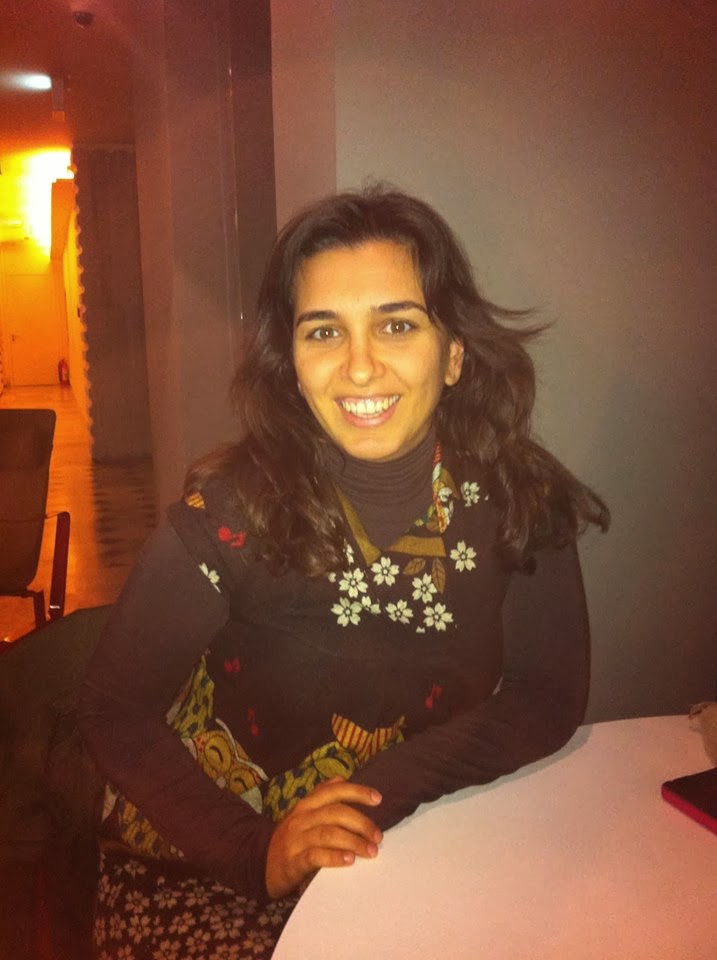Turkey is well-known for its many small family-owned businesses. Unfortunately, “Turkey and sustainable entrepreneurship” still sounds like a contradiction. However, while Turkey’s economy is expanding, the ecological challenges are growing as well. What follows is a brief outlook on ecological awareness, entrepreneurship in general as well as opportunities and challenges regarding sustainable entrepreneurship.
Muzaffer Ekin Sisli, an environmental activist in Istanbul, divides Turkish society in three distinct categories: “First there are the village people, who live in close connection to nature, leaving only a small footprint. Second there are people living in the cities, who generally don’t care about sustainability. The third group is actively aware of sustainability. They represent only a small minority of people, mostly living in urban areas.” The latter group is slowly growing but has not yet reached a critical mass.
Sustainable awareness
Nature conservation and organic food are the two main fields of sustainable awareness in Turkey. Jeremy Pingul, a sustainable entrepreneur in Istanbul, explains: “Most Turks have a family in the countryside, in the mountains or by the sea. This makes them connected to nature and makes them aware of the importance of fresh and good food.”
In general though, Turkish people lack holistic understanding of sustainability. People who care about the environment may still throw their cigarette away in nature. The majority of society doesn’t understand that whatever you buy, consume or throw away has an impact on the planet. Joachim Behrendt, professor of entrepreneurship and business angel in Turkey, believes this attitude even persists on the macro level: “Turkey is a developing country. Turks don’t believe they can afford sustainability. So they buy a big nuclear power plant.”
Entrepreneurship
Are Turkish people good at starting businesses? Absolutely. Behrendt illustrates: “Turks have a genuine ability to take the risk to start a small business; they are good at trade, negotiation and making money.”
Are Turkish people entrepreneurs? Here the answer is no. An entrepreneur is an innovator, whereas Turkish people who start a business mostly copy rather than innovate. Neşen Yucel, co-founder of the Turkish startup platform Stage-Co, says that when starting a business, “Turks copy what is good hoping they will have the same success. They don’t really add something new to the idea.” The explanation for this lack of innovation is threefold.
Firstly, tradition and habits are very important in the life of the average Turk. Aysu Erdoğdu, a young Turkish social entrepreneur, adds: “We are crowded and connected. When you change someone, you need to change a whole community.” People are taught to do what has been done before. Society doesn’t appreciate deviant behaviour. Secondly and more in specific there is a risk-averseness from new ideas and business concepts. Jeremy Pingul explains: “People need a proof of concept before they start their own business, because they are afraid of failure.”
Thirdly, the educational system does not encourage creativity. Students are forced to memorize large amounts of information in order to pass the final exam for university. Once they are allowed to go to a good university, they generally don’t pursue their passion, but start the most prestigious education their score allows them to do. This is what both their family and society expect from them.
Opportunities
Where do opportunities lie for green entrepreneurs? Earlier, we identified that organic food and nature conservation are the two themes which enjoy the most awareness. However, both of them are challenging sectors for entrepreneurs. To start with, the topic of nature conservation is covered mostly by NGOs in Turkey. Next, there are companies who produce organic food, though the really big ones mostly focus on Europe. The small ones struggle to survive because of the unaware market and skepticism about organic labeling. For both sectors, the challenge is to find profitable business models.
Yet there is hope. The government recently acknowledged the importance of renewable energy and has raised support as a response to the rising demand for energy. Because of Turkey’s vast size and its favorable geographic location, both wind energy and solar energy have the potential to become an important contributor towards energy security.
Transfer
Furthermore, unlike in Europe or the US, not everything has been tried yet in Turkey. Most green sectors are still underdeveloped. So there is an opportunity to implement sustainable business models which have demonstrated their success in Europe or the US. One can easily imagine the potential of waste management and energy efficiency in Turkey. Eco-tourism could be profitable as well, as there is a steady flow of European (environmentally-aware) tourists visiting Turkey.
 Of course, there are barriers which entrepreneurs should keep in mind. As mentioned earlier, there is a general lack of environmental awareness. Furthermore, people don’t understand the concept of social business. In their mind, you are either an NGO, fighting for a better world or you are a company whose sole goal is to make money. As people consider sustainable businesses as NGOs, they generally are not prepared to pay for their services.
Of course, there are barriers which entrepreneurs should keep in mind. As mentioned earlier, there is a general lack of environmental awareness. Furthermore, people don’t understand the concept of social business. In their mind, you are either an NGO, fighting for a better world or you are a company whose sole goal is to make money. As people consider sustainable businesses as NGOs, they generally are not prepared to pay for their services.
As a matter of fact, one of the biggest barriers is that there is no specific legal structure for social enterprises. Anja Koenig, a researcher at Sabancı University, further mentions the need for tax exemptions, subsidies and the possibility of donations. Aysu Erdoğdu adds that support specific to social entrepreneurs could make a big difference: “The government has funds to establish businesses, but they are mostly geared towards high-tech companies and small family businesses.”
2023
With the goal of the Turkish government to be a top-10 economy in 2023, growth is the key word. It leaves the country with a number of growing ecological challenges. If innovation is rather rare in Turkish society, who can overcome the barriers and pioneer the much needed green innovation in Turkey?
James Halliday, initiator of the HUB Istanbul, sees an essential role for foreigners and Turkish people who have lived abroad. “Repatriates and expatriates are able to think out of the Turkish box. They can be a major force for true innovation by bringing ideas to Turkey.” And what about the people living in the Turkish countryside? Can they give inspiration to the urban part of society to take up ventures in harmony with the environment? One thing is encouraging: once there are a few examples of successful sustainable entrepreneurs, a successful business model can spread through Turkey like wildfire. Bright minds, where are you?
--
Big thanks to Yannick, Sven, Pauline, Karolien, Pieter, Jonathan, Joseph and Vera for the feedback. Big thanks to the people who I could interview.









